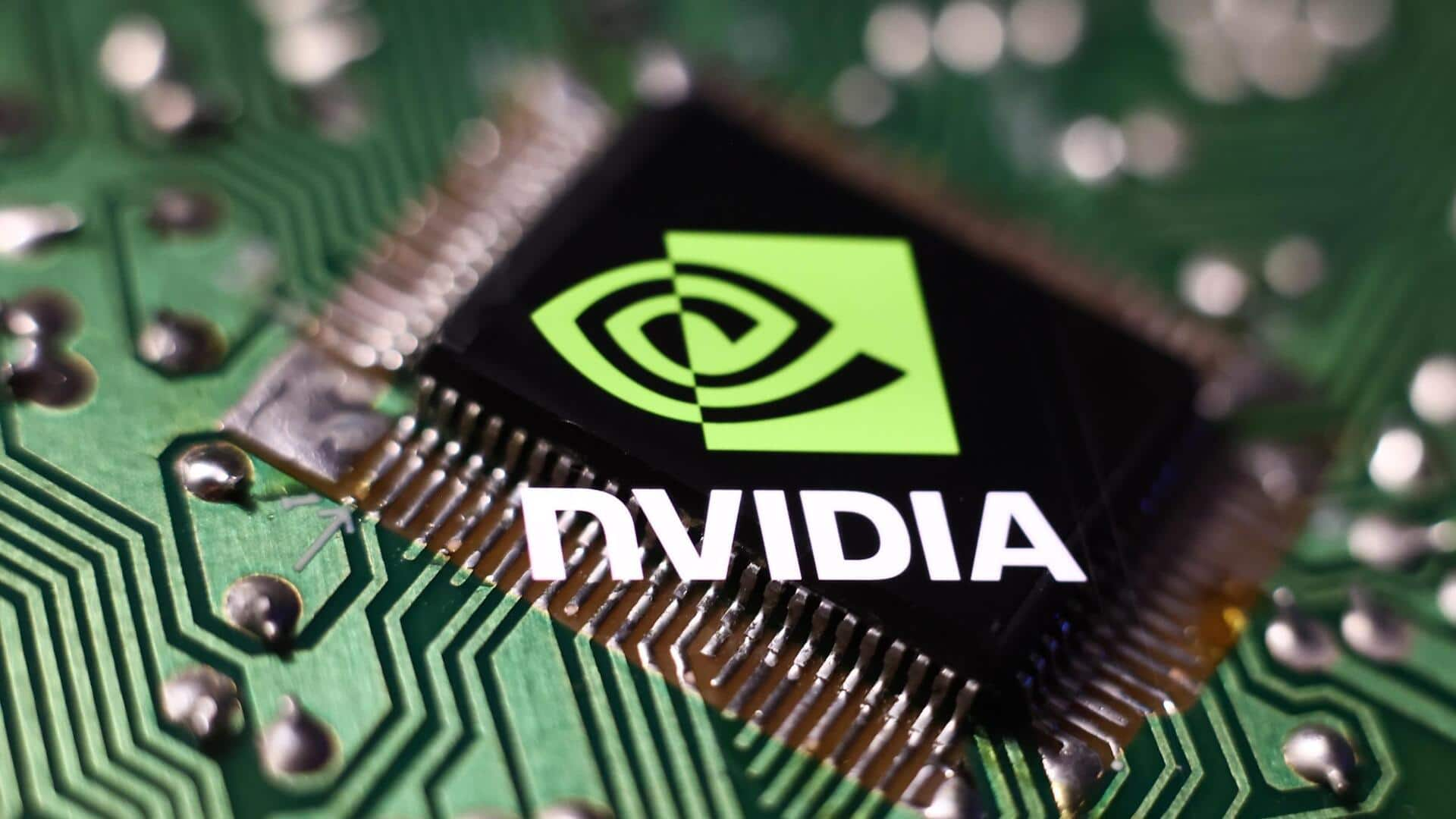
NVIDIA banned from exporting chips to China, faces $5.5B loss
What's the story
NVIDIA has projected a quarterly loss of about $5.5 billion, after it was restricted from exporting its H20 graphics processing units (GPUs) to China and other select regions.
The news sent the company's shares plummeting by over 6% in after-hours trading.
In a regulatory filing, NVIDIA said the US government informed it on April 9 that it needs a license for shipping its H20 chips to China and several other countries.
Impact
Export restrictions signal potential slowdown for NVIDIA
The latest export restrictions are viewed as a major sign that NVIDIA's meteoric rise could be impacted by growing geopolitical tensions.
The US government has raised concerns that the company's high-performance chips could be used in military-grade supercomputers.
The firm will reveal its first-quarter financial results on May 28, giving further insight into how much these restrictions have affected its business.
Market adaptation
H20 chip: Designed for China, despite restrictions
The H20 was tailored for the Chinese market, following earlier US export restrictions in 2022 and 2023.
It is based on Hopper AI architecture launched in 2022, and has slower bandwidth and interconnection speeds than H100 and H200 chips in Western markets.
Despite the restrictions, the chip reportedly brought in $12 billion-$15 billion in revenue last year.
During NVIDIA's last quarterly earnings call in February, CEO Jensen Huang said that revenue from China had halved from pre-US export control levels.
Dynamics
China remains a significant market for NVIDIA
Despite the dip in revenue from export restrictions, China remains NVIDIA's fourth-biggest market after the US, Singapore, and Taiwan. According to the company's annual report, over half of NVIDIA's total revenue for the fiscal year ending in January came from US-based clients.
AI innovation
DeepSeek's R1 model showcases H20 chip's capabilities
Chinese AI company DeepSeek used the H20 chip to create its R1 model, which made headlines earlier this year with its capabilities.
This shows how critical the H20 is in the race of AI research.
However, NVIDIA is bracing for another round of restrictions next month under proposed "AI diffusion rules," which could further restrict its global sale of advanced AI hardware.
Strategic response
NVIDIA argues tighter restrictions could stifle competition
NVIDIA has always maintained that stricter restrictions could jeopardize the US's lead in the global tech race by killing competition.
In response to earlier curbs, the firm has already moved some of its operations, including testing and distribution, out of China.
The US government informed NVIDIA on Monday that the licensing requirement for H20 chip exports will remain in place "for the indefinite future," NVIDIA's filing stated.